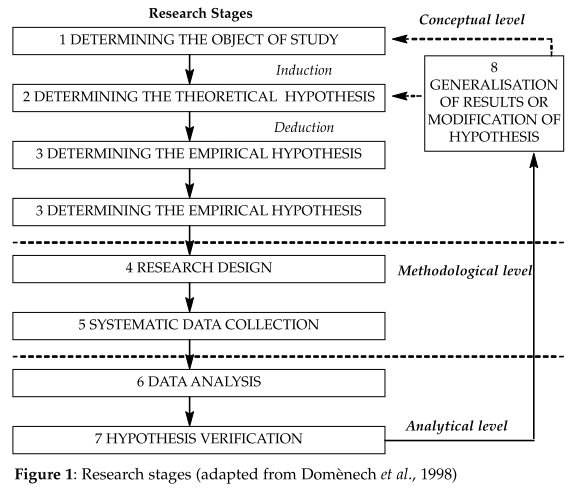- 簽證留學(xué) |
- 筆譯 |
- 口譯
- 求職 |
- 日/韓語 |
- 德語
We are aware that the given definition of the research process as the means to acquiring scientific knowledge involves a lot of work and thought previous to any study a researcher wishes to undertake, especially before the actual methodological level of the research is attained.

However, if this were to become the methodology of choice when carrying out research in the fields of translation and interpreting, the advantages would be great indeed. To name but a few:
(1) It would be possible for any scholar to replicate (and confirm) the results of any study. For a study to be replicated there has to be, in the first place, a detailed account of the different stages of the research process, something which can only be found in a few of the studies carried out to date in the fields of translation and interpreting (in this respect, see Orozco, 2001). The importance of replicating research is greater than may seem at first sight, since in our disciplines there have not been, to our knowledge, any replication of studies. This means that the results of all the studies carried out to date could well be refuted by a new study replicating the existing ones and yielding different results.
(2) It would be possible to carry out multi-centre research projects with a common research protocol, i.e. it would be possible to compare (and add) the results of different studies, carried out in different places or at different times. If two studies have a common design, common measuring instruments, i.e. if the research process is the same, one study carried out with subjects, for example, in Finland, could perfectly well substantiate - or even add to - the results obtained in a similar study carried out with subjects of the same characteristics in Spain. Equally well, results obtained using different languages or language combinations may be added to the data analysed and this affords the possibility of undertaking similar projects in different countries and/or institutions. Another possibility is that of sharing corpus studies, which could benefit from widening a corpus or from more than one analysis of the same corpus. It is obviously very important that every step be the same within the research process, e.g. the sampling techniques used, the measuring instruments, data analysis, etc.
It would allow researchers in the fields of translation and interpreting to work more closely together. In the first place, studies would be much more accessible for scholars devoted to other issues, because studies in other fields within the same discipline would be more readily accessible. For instance, a translator carrying out descriptive studies in literature translated from English into French would find it easier to identify with the research carried out by a colleague measuring the consequences of time-pressure in interpreting, because this would include a report detailing each stage of his/her research process, from the theoretical level through to the analytical level and the conclusions reached. Furthermore, there could be common research in translation and interpreting; for instance, scholars from both fields could decide to compare some steps of the process that the translator and the interpreter share (e.g. the comprehension phase of the original text).
Scholars with little time to spend on research could participate in studies which they would not be able to do without a clear and common methodology. For instance, academics or postgraduate students who usually have little time to dedicate to research (especially interpreters), could participate in networks in which each of the colleagues interested in the same study develops one of the levels of the study (conceptual, methodological or analytical). This would increase the range of the results obtained, as well as the public that could benefit from them.
責(zé)任編輯:admin
